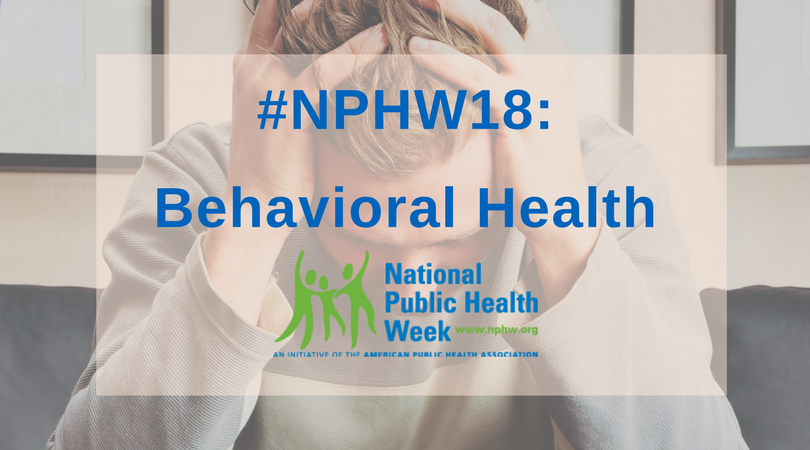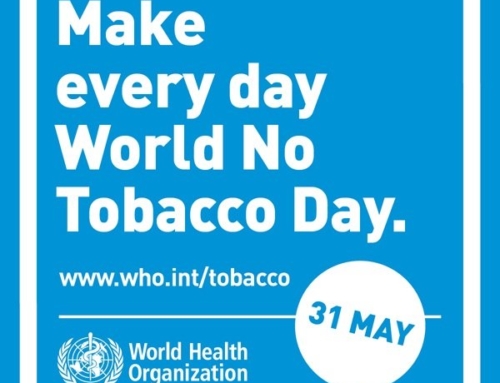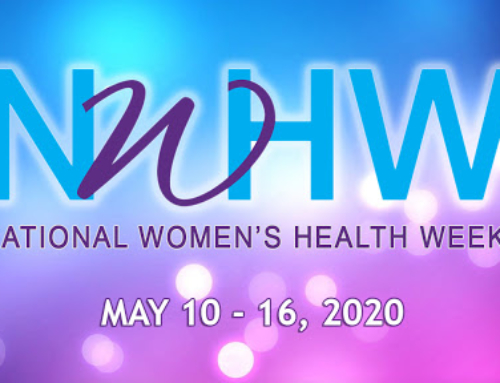National Public Health Week 2018 is underway. Today’s focus is Behavioral Health, a dimension of health that Suwannee River AHEC is well versed in. American Public Health Association’s emphasis on behavioral health revolves around the prominent opioid epidemic. Opioid addiction is killing thousands of Americans each year—91 people each day (Behavioral Health, n.d.). Though the opioid crisis is at the forefront of today’s behavioral concerns, Suwannee River AHEC tackles an old, yet still fierce addiction, tobacco. According to the Center for Disease Control and Prevention (CDC), “tobacco use remains the single largest preventable cause of death in the United States” (Tips from Former Smokers, 2018).
Suwannee River AHEC works with several rural counties to reduce the current disparity these individuals face. Rural residents face several barriers to quit smoking such as socioeconomic factors, culture, policies, and lack of adequate healthcare, which consequently leads to devastating health outcomes. We aim to reduce the gap in care and provide cessation groups for community members, training for health professionals and students, and implement systems change in local healthcare facilities.
To successful modify behavior, one must be motivated. Suwannee River AHEC utilizes a strategy called motivational interviewing to understand the participants’ attitudes and beliefs about their smoking behavior. Making the interview participant-centered allows for our facilitators and staff to create a working relationship with the participant. This is also a method that allows the participant to reflect and identify potential barriers to their quitting. Motivational interviewing has demonstrated to be extremely successful and has allowed for a higher attendance and engagement at group cessation classes.
Seeking behavior change in an individual is only step one of Suwannee River AHEC’s role. Targeting health professionals and future health professionals, such as students, allows skills to be established and/or developed to work with patients to quit tobacco. Topics covered in the trainings include: helping patients quit, motivational interviewing, interventions, and referring users to AHEC Cessation Programs.
Finally, we assist with systems change. This can be described as policy changes in a healthcare facility to better support their patients’ quit attempts by giving them appropriate resources. This can then lead to holistic, evidence-based interventions used throughout a healthcare facility for not only tobacco users, but all patients.
Suwannee River AHEC’s tobacco program has identified the intrapersonal (individual), interpersonal (relationships between patient and provider), and community/organization (healthcare facilities) factors that contribute to behavior change associated with tobacco use. Using a multi-dimensional approach to understand and tailor programs for our rural counties has allowed us to be successful in helping hundreds of people quit smoking.
Resources
Behavioral Health. (n.d.). Retrieved from http://www.nphw.org/nphw-2018/behavioral-health.
Tips From Former Smokers ®. (2018, February 15). Retrieved March 23, 2018, from https://www.cdc.gov/tobacco/campaign/tips/resources/data/cigarette-smoking-in-united-states.html.
About the Author: Sarah Brusca
 |
Sarah Brusca is office support and a special projects coordinator here at Suwannee River AHEC. |







